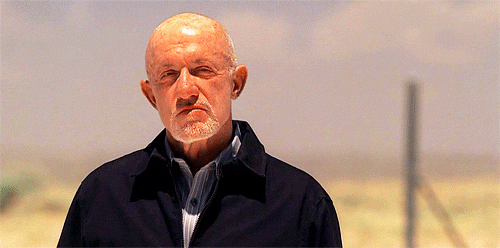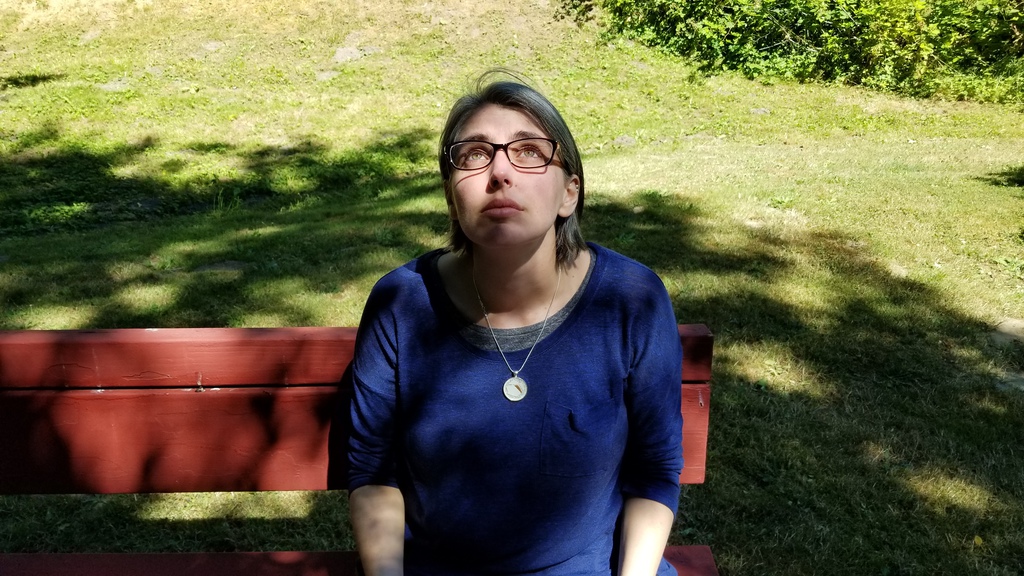I took the ride too, clearing the expectations, but the reality for me just is that even by thinking of this as one of Lynch's oddball movies it wasn't as good as Eraserhead, Fire Walk with Me, Lost Highway and Mulholland Drive. And seeing the season and not finding it as good as those movies I can't help but to think how it might've been better had it been done in more "Twin Peaksy" style.
I agree, and this is what I think some people are missing with the two of our perspectives.
I don't think Season 3 was messy and a bit disappointing because it wasn't like old Twin Peaks. I think it was those things on its own merits. I was totally ready for a whole new thing, if that's what it was going to be, when I watched the first two hours.
There was some bad stuff in the first two episodes - the sleaze, the needless brutality against women, the lack of atmosphere (very little score, boring cinematography) - but there was also promise. The dialogue was sporadically engaging, there was a sense of mystery. It could have gone anywhere, and I kept that attitude all the way through, even though ugly bullshit and boring wastes of time continued to occur.
Now that it's over, I look at it as a whole and I say it was a mess with some good stuff in there. I have a degree in film studies and I have a lot of patience for arthouse films and avant-garde art in general, so
this isn't why I didn't love it. That's the kind of stuff I take in all the time.
I didn't love it because, in my opinion, a lot of it didn't serve anything beyond itself, and in absence of that, it should have at least been emotionally engaging. However, this season decided to take the position of being about as dispassionate as it possibly could be for the majority of its runtime, with
very occasional flourishes of the overwhelming emotion that characterises David Lynch's best stuff. He is not a cerebral guy, he's an emotion guy, but he decided to make a season with very little emotion present.
I wasn't sitting waiting for Dale to give a thumbs up and say quirky things to waitresses, I was waiting for the meandering, seemingly aimless, fragments of stories I was watching to either interweave and converge upon a theme, or at least resolve themselves in some way that left me either intellectually or emotionally satisfied. Most of the show did neither. The ending is great, on a pure emotional level, but it doesn't make up for how much nothing is strewn throughout the season. Just fragments of people's lives, some of whom we barely knew anything about, presented in a flat manner. Then the show was over. If that's really all you were interested in, okay, but there was the opportunity to do so much more.
People have the instinct to project some meaning onto this, and that is by design. Lynch always leaves room for this, but I think with Twin Peaks he left waaaay too much fucking room. To the point where you can kind of come up with anything, as long as it is vague and a little cosmic, and it might appear to make some kind of sense. I'm not trying to tear down anybody's interpretation of the show, because I don't think there is enough coherence present in the show itself to either form or debunk any particular interpretation.
So, since this takes place in the Twin Peaks story, my mind might occasionally try to meld season 3 with what came before and I wonder 'huh, why didn't they use that, that would've been good', ie the Twin Peaksy style Airola mentioned. This is a reaction to something not being there, it isn't the root of the problem. The root of the problem is the absence of something to replace what came before.



